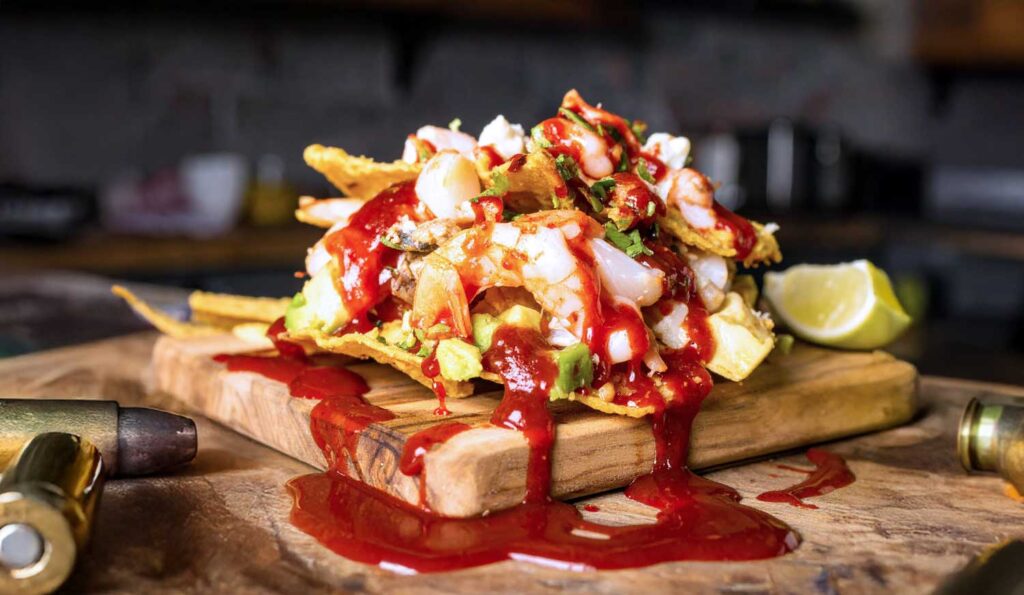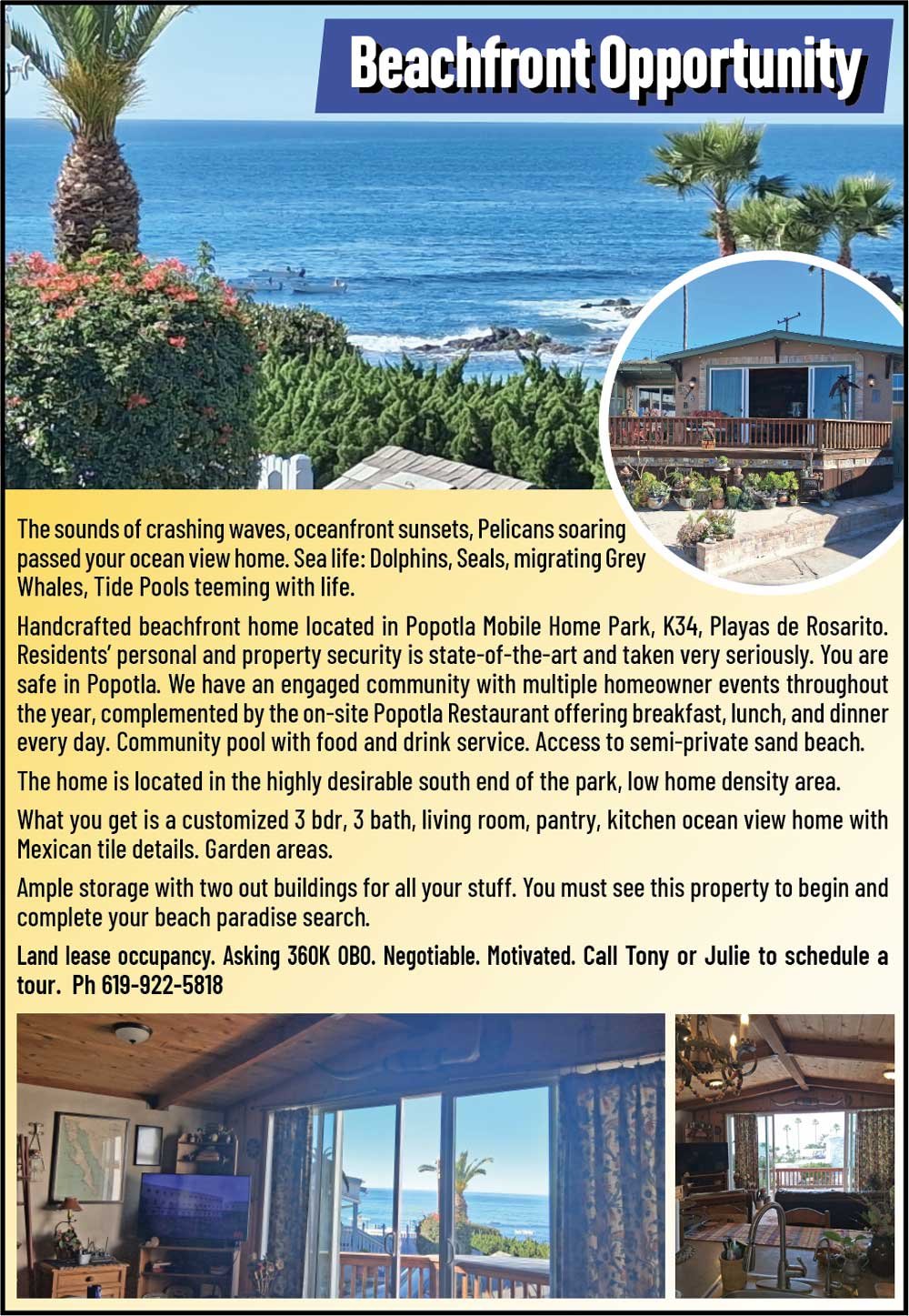We pride ourselves on bringing you No Bad News. That’s the deal. But some truths demand an exception. Today, we echo a voice too long suppressed by fear—and we refuse to let it be silenced.
They call it derecho de piso—literally a “floor right,” but let’s be clear: it’s nothing more than protection money, cartel extortion in its rawest form. For decades, Ensenada’s seafood industry—from abalone harvesters to family-run marisquerías—has been strangled by this invisible tax.
Dark waters run deeper than we thought. Cartels like Sinaloa and CJNG don’t just threaten—they control every link of the chain. They underpay the catch, enforce quotas, hijack supply, and procure “monitored” seafood—often at gunpoint—leaving independent operators to choose between extortion or obliteration.
The Voices We’ve Already Lost
- Minerva Pérez, head of Baja California’s fisheries chamber and CEO of Atenea en el Mar, spoke out against illegal fishing and extortion—and paid with her life. She was ambushed and shot multiple times outside her Ensenada office in July 2024, just hours after warning the world of cartel infiltration in seafood markets.
- Sunshine Antonio Rodríguez Peña, a leader in Mexicali’s fishing community, was executed in broad daylight last March—firefights rattled social media minutes after he was live-streaming his fish stand.
- Servando Valenzuela Nakato, a respected shark-business entrepreneur in Ensenada, was gunned down in December 2024—his life cut short for daring to trade in lawful seafood markets.
- Emilio Ohiiashi Manjarrez Masuda, a known seafood distributor, was also killed—another voice erased from the chain that feeds families and sustains livelihoods.
- Rubén Marín Villalobos, founder of the seafood cart El Chava, was assassinated just last week while buying shrimp and octopus at the fish market Mares del Pacífico—a routine visit turned fatal at the very heart of the industry. He was remembered by customers and family as “sencillo, amable y cálido” (simple, kind, warm), yet no arrests have been announced even as the investigation continues.
Each of these tragedies traces back to the same root: a cartel chokehold stretching across sea, supply, and street.
A Voice That Broke Through
And then came Moisés Muñiz, young owner of Mariscos El Compa Moy. On August 23, 2025, his heart-wrenching video exploded nationwide:
“My people… starting today, Mariscos El Compa Moy is closing its doors permanently due to insecurity…, protection money.”
His dream—like so many others—was stolen not by market forces, but by violence and impunity.
Why It Matters—and Why You Should Care
This isn’t an isolated problem—it’s systemic:
- Cartels control every point: from fishing boats to kitchen tables. Fishers earn as little as 60–75 percent of fair market value—or less—while the rest fills cartel pockets.
- Illegal species trade is rampant: Highly endangered creatures like totoaba are trafficked for profit, amplifying environmental collapse and cartel dominance.
- Government response is hollow: Condemnations without action—“cowardly” killings met with empty investigations—only embolden cartels.
Listen to Moisés Muñiz (August 23, 2025)
“My people, starting today, Mariscos El Compa Moy is closing its doors permanently due to insecurity in the municipality. … I have been working here for four years—this was my dream. But today, those dreams have been taken away, just like many of my colleagues in the industry.”
This isn’t just another restaurant shutting down—it’s a siren over dying hopes, a cry for rescue from a community being starved by terror.
These cartels aren’t just drug clans—they’re seafood oligarchs suffocating Ensenada’s lifeblood. And until government forces rise from clichés to concrete action, we’ll keep losing more than fish—we’ll be losing culture, survival, and courage.




1 Comment